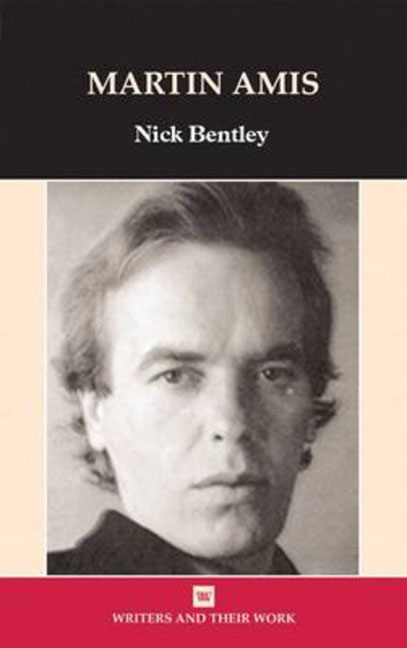Book contents
- Frontmatter
- Dedication
- Contents
- Acknowledgements
- Biographical Outline
- Abbreviations
- Introduction
- 1 Amis and Father: The Rachel Papers and Experience
- 2 Class Acts: Dead Babies and Success
- 3 Metafictional Mysteries: Other People and Money
- 4 Millennial Fictions: London Fields and Time's Arrow
- 5 Mid-Life Crises: The Information and Night Train
- 6 The Wild Dogs: Yellow Dog and House of Meetings
- 7 Cast of Crooks: The Pregnant Widow and Lionel Asbo
- Notes
- Select Bibliography
- Index
1 - Amis and Father: The Rachel Papers and Experience
- Frontmatter
- Dedication
- Contents
- Acknowledgements
- Biographical Outline
- Abbreviations
- Introduction
- 1 Amis and Father: The Rachel Papers and Experience
- 2 Class Acts: Dead Babies and Success
- 3 Metafictional Mysteries: Other People and Money
- 4 Millennial Fictions: London Fields and Time's Arrow
- 5 Mid-Life Crises: The Information and Night Train
- 6 The Wild Dogs: Yellow Dog and House of Meetings
- 7 Cast of Crooks: The Pregnant Widow and Lionel Asbo
- Notes
- Select Bibliography
- Index
Summary
‘When you begin a novel at the age of twenty-one (or so I found), all you've got to go on is your own consciousness; autobiography is forced on you because there isn't anything else’ (E 264)
THE RACHEL PAPERS (1973)
Martin Amis's first novel, The Rachel Papers, represents him setting out his stall as a novelist and is, in part, an announcement of a new kind of British fiction that distances itself from the writers of his father's generation. Furthermore, it establishes Amis's oeuvre in terms of its provocative engagement with issues of sexuality, class, and social and cultural politics more broadly. The central character of the novel, Charles Highway is a sexobsessed teenager who vacillates from displaying a selfconfident superiority towards all around him, to a feeling of loss of control reflected in the superficiality of the emotional relationships he has with family, friends and sexual partners. It has often been identified as an autobiographical novel, with Amis and Charles following a similar adolescent career path. It has, however, as with much of Amis's fiction, a first-person narrator with dubious reliability creating an ambiguity with respect to how far Charles's views correspond with his creator's; and indeed Amis challenges an early reviewer who conflated its author and main character. The fact that Charles is a talented literature student allows Amis to produce a commentary on various literary precursors and thereby marks the novel as an attempt to position Amis's individual talent with regard to the novelistic tradition, and especially with regard to his father's work.
The novel details the transition of the young Charles from his teenage years into what he self-consciously recognizes to be the next stage of his life. It presents us with the character on the eve of his twentieth birthday looking back over the last three months of his life with the addition of earlier memories and experiences. The structure of the novel is important in establishing the relationship between the ‘innocent’ teenager and the more experienced narrator of his own previous life. In this way an ironic distance is established between the older Charles and the younger version.
- Type
- Chapter
- Information
- Martin Amis , pp. 7 - 20Publisher: Liverpool University PressPrint publication year: 2010



